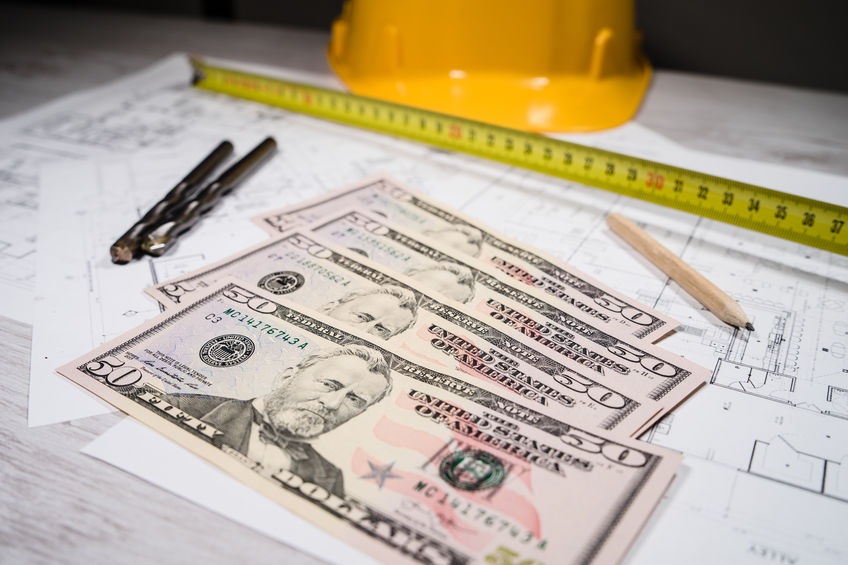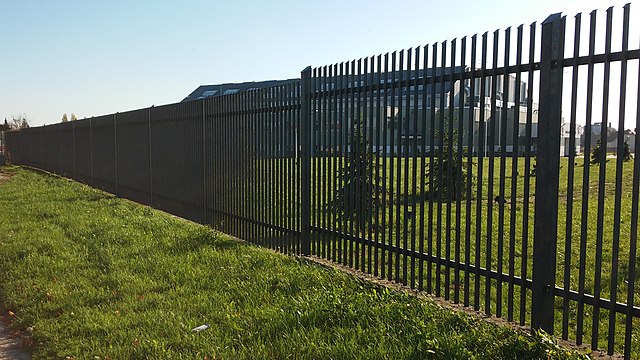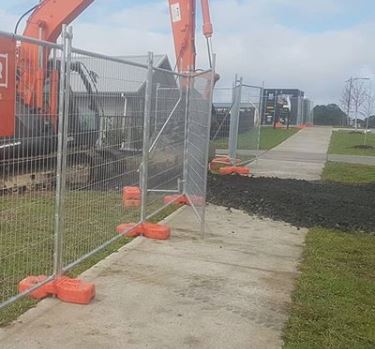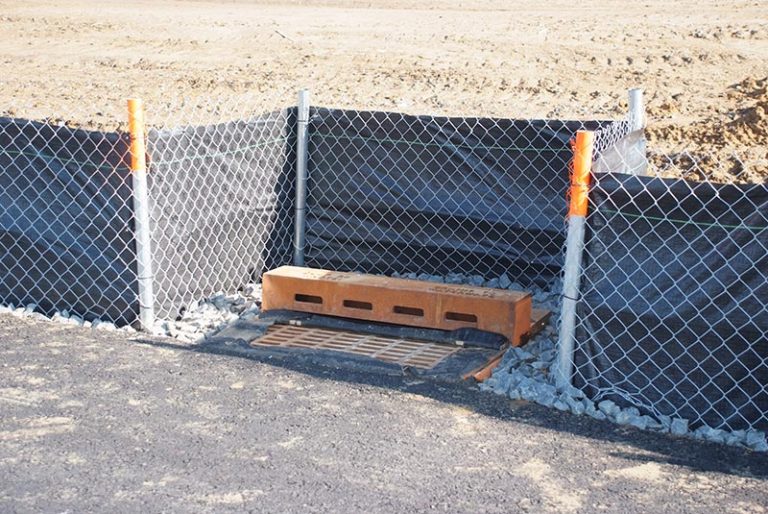Calculating construction costs, including labor, land clearing, and site preparation, requires a detailed analysis of engineering drawings. And a strategic approach to material management and crew assembly. Given that sitework represents the most variable cost in multifamily construction, it poses unique challenges during the conceptual phase. Where only existing conditions and potential project outlines are available when considering how to estimate sitework.
To successfully estimate sitework, one must calculate work quantities from engineering drawings, and adjust for material swell and shrink. Also, assemble efficient crews, and determine productivity. This process encompasses rough and finish grading, driveway and walkways, topsoil, lawn, and plantings. This is essential in compiling accurate cost estimates during the development phase. Construction above ground level lends itself to more straightforward estimation through historical cost data for similar projects.

The accuracy of a cost estimate relies on a number of things: the quality of the residential or commercial project plan; the level to which the estimator defines a project; the experience and skill of the estimator; the accuracy of cost information; and the quality of any tools and procedures the estimator uses.
How can you Estimate sitework costs at the conceptual stage?
General contractors frequently receive a wide range of sitework price quotations that they must evaluate effectively. You create your land plan, extract it, and then price it. In the era before computerized estimating programs, this approach was not feasible. However, today, equipped with an existing conditions plan and an individual possessing the necessary computer skills and creativity, one can generate a reasonable and far more reliable estimate than the outdated “ten grand an acre” method.
Here’s how it works: Take the existing conditions plan and sketch the residential or commercial buildings footprint, roads and parking on it. Note any other details or requirements you know of or want on the plan too. Give it to the computer savy and imaginative estimator of your choice and have him digitally craft a plan that works with existing grades.
Sitework estimates must consider the following construction estimate checklist to accurately estimate residential construction costs:
Pre-bid investigation
Plans and specifications
Site visit and soil borings
Pre-estimate checklists
Area and perimeter calculations
Cut/fill calculations: average end area method
Soils shrink and swell
Cut/fill calculations: grid cell method
Soils classifications
Matching equipment to soil type
Excavation production
Bulk excavation exercise
Crew analysis
Trucking optimization
Bidding and mark-up discussion
Equipment costing
Road calculations
Mass haul diagrams
Earthwork “Rules of Thumb”
Estimating forms and formats
Trench volume calculations
Trenching productivity
Pipe laying productivity
Storm drainage exercise
Materials costing
Equipment selection procedures
Subsurface interferences
Clearing and demolition
Dewatering methods
Specification analysis
Safety requirements
Complete the estimate
Sanitary sewer exercise
Estimate slopes/shoulders
Curb and gutter calculations
Estimating and quantifying asphalt paving
Estimate and quantify concrete paving
Estimate hauling costs
Crew assemblies
Estimate Compaction
The result will not constitute a fully engineered buildable plan, yet it will encompass the majority of earthwork, quantities of pipe, road area, and other cost breakdowns for residential or commercial construction. Providing more information, such as soil reports, enhances the accuracy of the estimate in relation to the actual construction.
What is Required to Prepare a Site for Construction?
Boundaries and easements are identified with a land survey. This is an important first step, as you don’t want to start digging over underground utilities. The survey lets you compare to the project plan to get a good idea of how much clearing and grading is needed.
The average cost of a land survey is around $500 to $1000 and depends on the landscape, size of the site, and more. Permit acquisition, if needed, may add additional time and financial costs.
Site Clearing and Preparation Costs
The rate is often determined by the land type and most contractors charge by either acreage or square footage.
Land with uneven terrain or high slope and heavy vegetation costs around $15 per square foot or between $3,000 and $6,000 per acre. While land with light vegetation and a low slope averages between $3 and $6 per square foot or $200 and $2,000 per acre.
Tree removal by the acre starts at around $1,000 for a lightly-wooded site and $4,500 on average for a heavily wooded area. Removing a single tree costs an average of about $650, but only around $100 to remove fallen trees. Brush removal costs approximately and average of $100 per acre.
Clearing vegetation and rocks from the project area is usually the next step. The more obstacles there are, the longer and more costly the clearance stage. Grading usually follows and specific details, such as drainage, depend on the project and size of the land. Common steps include staking the construction area, connecting the site to utilities, digging out a foundation, and demolishing any existing structures.
Consider Outsourcing the Build Estimate
Many general contractors offer it as a service but expert estimators carefully go through the drawing and plans and prepare accurate sitework takeoffs of material and labor along with manhours. All other factors like construction equipment, insurance, logistics, safety, permits, contingencies, etc. are also taken into account. If you can’t afford the expense of a full-time estimator and expensive software or need an estimator to supplement your existing estimating department, contact the American Society of Professional Estimators to outsource to a certified professional.
If you are looking at lots of land, it may be that you find someone in your organization with a good imagination who can learn how to operate the software, then generate these type of estimates in-house. You can do much better than “ten grand an acre” in this day and age.
Influences on Construction Costs
One of the primary factors that influences cost is the building site. Waterlogged soils, previous construction, geological formations and the nature of the rock, native animal species, and the presence of historical or natural heritage sites are just a few of the things that can affect materials and labor requirements, delay the issuance of permits, and increase the time needed to complete the project. Similarly, the location of the construction site relative to economic centers can also be significant. Contractors may have to transport workers and materials for a long distance if the site is remote. In a bustling urban area, the wages may be higher. Furthermore, regulatory requirements may be stricter, and hence more expensive to fulfill or comply with, at some construction sites than at others.
Of course, the obvious way to determine the cost of sitework is through our software programs where site work can be calculated very accurately, but our best way is through old-fashioned hard work with a pencil, paper and a good calculator. An experienced and detail oriented site engineer or professional estimator can still be the best thing we have to getting it right the first time.
How much does site work cost?
Site work cost is a critical component of the overall expenses in the land development process, and it encompasses a broad range of activities essential for preparing a site for construction. These activities include but are not limited to land clearing, grading, excavation, and the installation of infrastructure necessary for future development. The costs associated with these tasks can vary significantly based on several factors such as the size of the site, the complexity of the project, the geographical location, and the current condition of the land.
Land Development
In the context of land development costs, it’s important to understand that site work is often the most variable and challenging to estimate accurately without a detailed analysis. Factors such as soil composition, topographical variances, and the requirement for erosion and sediment control services, including SWPPP plans, can greatly influence the final cost. For example, the services provided by Eastcoast Site Work, a New Jersey-based contractor specializing in erosion control and soil sediment control, are vital for ensuring compliance with regulations and preventing costly delays or environmental damages.
Given the expertise of Eastcoast Site Work in offering comprehensive site work services such as basin and pond maintenance, inlet protection, hydroseeding, and the supply of silt fences, it’s clear that partnering with a knowledgeable contractor can provide significant value. Not only does this expertise help in accurately estimating the required budget for site work, but it also ensures the efficient and effective management of land development costs.
Therefore, while it’s challenging to provide a one-size-fits-all answer to the question of site work cost due to the variability of projects and specific requirements, consulting with experienced professionals like Eastcoast Site Work can offer clarity. They can provide detailed assessments based on the specific needs of your project, helping to manage and optimize the land development process and costs effectively.
Need Help with NJ Construction Sitework Estimates?
Call 732-370-0291 or Contact Us Now
Frequently Asked Questions
Q: What is a demolition estimating spreadsheet?
A: A demolition estimating spreadsheet is a document that contains a set of tabulations and formulas used to estimate the cost of demolishing a building. The spreadsheet typically includes information on the type and size of the building, as well as the estimated quantity of debris that will need to be disposed of. Demolition contractors can use this information to provide an accurate estimate of the total cost of the project.
Q: How to determine clearing and grubbing cost per acre?
A: Clearing and grubbing costs per acre can be determined by multiplying the number of acres to be cleared or grubbed by the median clearing or grubbing cost per acre for your area.
Q: What are soft costs in the construction industry?
A: Soft costs in the construction industry are those costs that are not directly related to the cost of materials and labor.
Some of the most common soft costs in the construction industry include engineering and design fees, permit and inspection fees, accounting and legal fees, and marketing and advertising expenses.
Q: What is the approximate cost of construction estimation in New Jersey?
A: According to HomeAdvisor, the average cost of construction estimation in New Jersey is $3,200. This estimate includes the costs of materials, labor, and other associated expenses. However, keep in mind that the actual cost of your project will vary depending on a number of factors, including the size and scope of your project. Therefore, it’s important to get a few estimates from different contractors before making a final decision.
Q: What is the average cost to excavate land in New Jersey?
A: The average cost to excavate land in New Jersey ranges from $50 to $70 per cubic yard, depending on the type of excavation needed. For example, if you need a lot cleared for a new home construction, the cost will be higher than if you only need a hole dug for a new pool.
Q: What is a commercial construction budget spreadsheet?
A: A construction job cost spreadsheet is a template used to estimate the cost of a commercial construction project. The template includes all the typical line items associated with a construction project, such as labor, materials, permits, and fees.
The budget can be customized for each individual project, and then used to track actual expenses against the estimated costs. This helps to ensure that the final cost of the project does not exceed the original budget.
Q: Where can I find a sample cost estimate for construction?
A: One great resource for finding a sample cost estimate for construction is the website of the National Association of Home Builders (NAHB). On their website, you can find a number of costs estimating tools, including a lawn care bidding calculator, earthworks cost estimating and site development costs to name a few. You can also search through their library of past projects to get an idea of the residential construction line item cost breakdown of construction projects.
Clear chat



